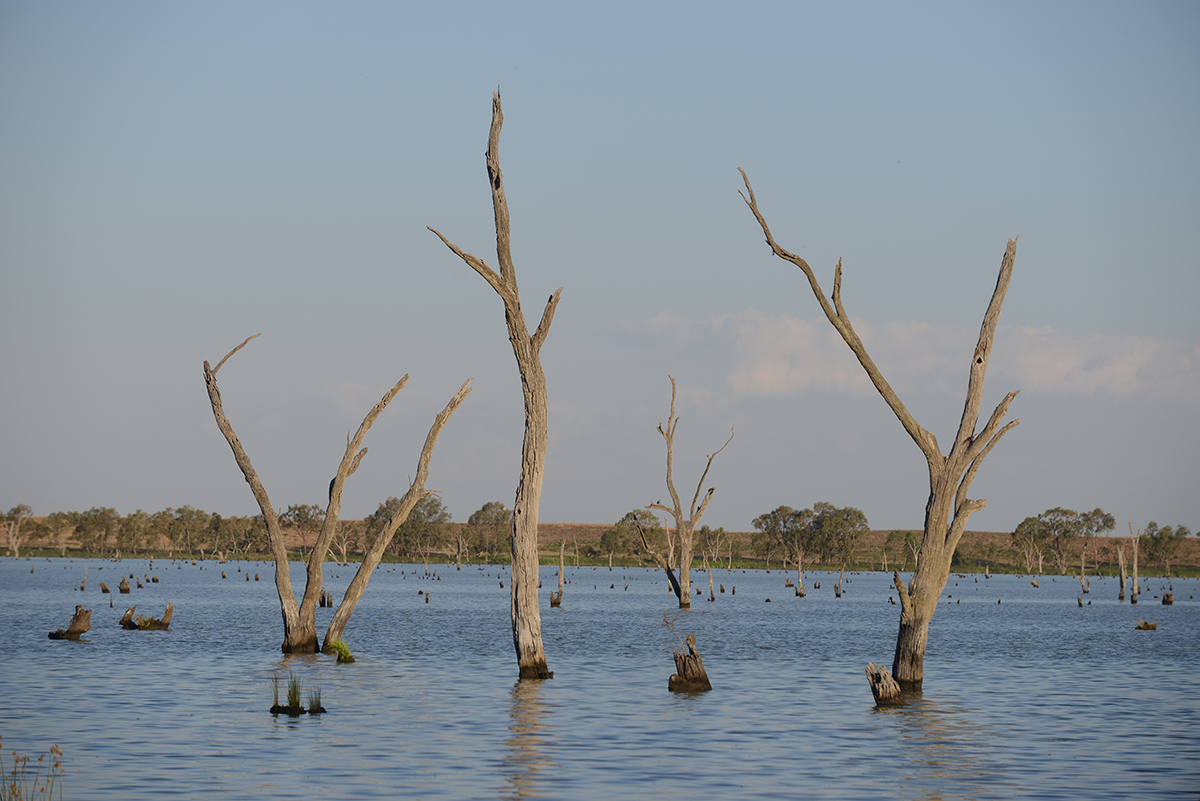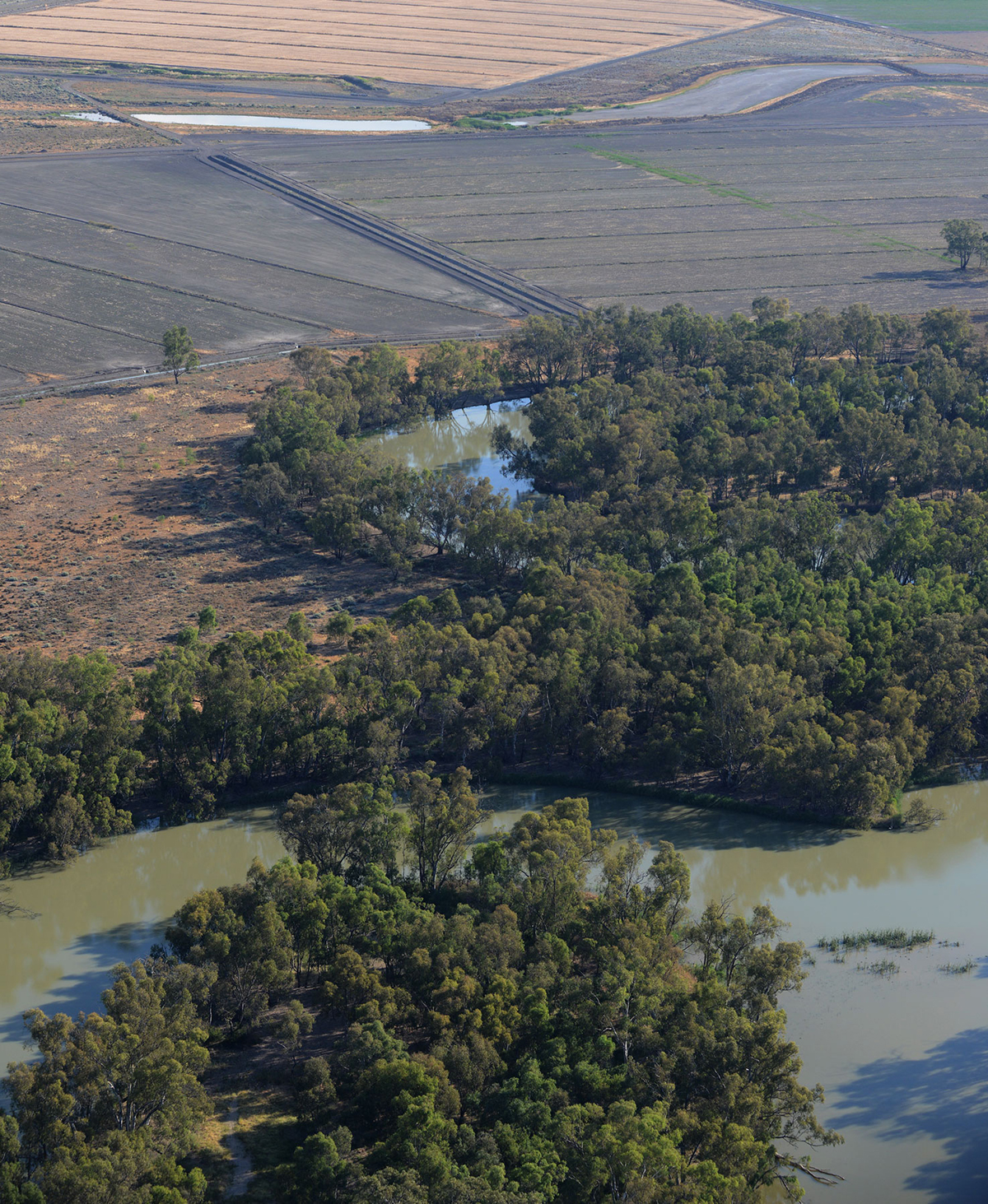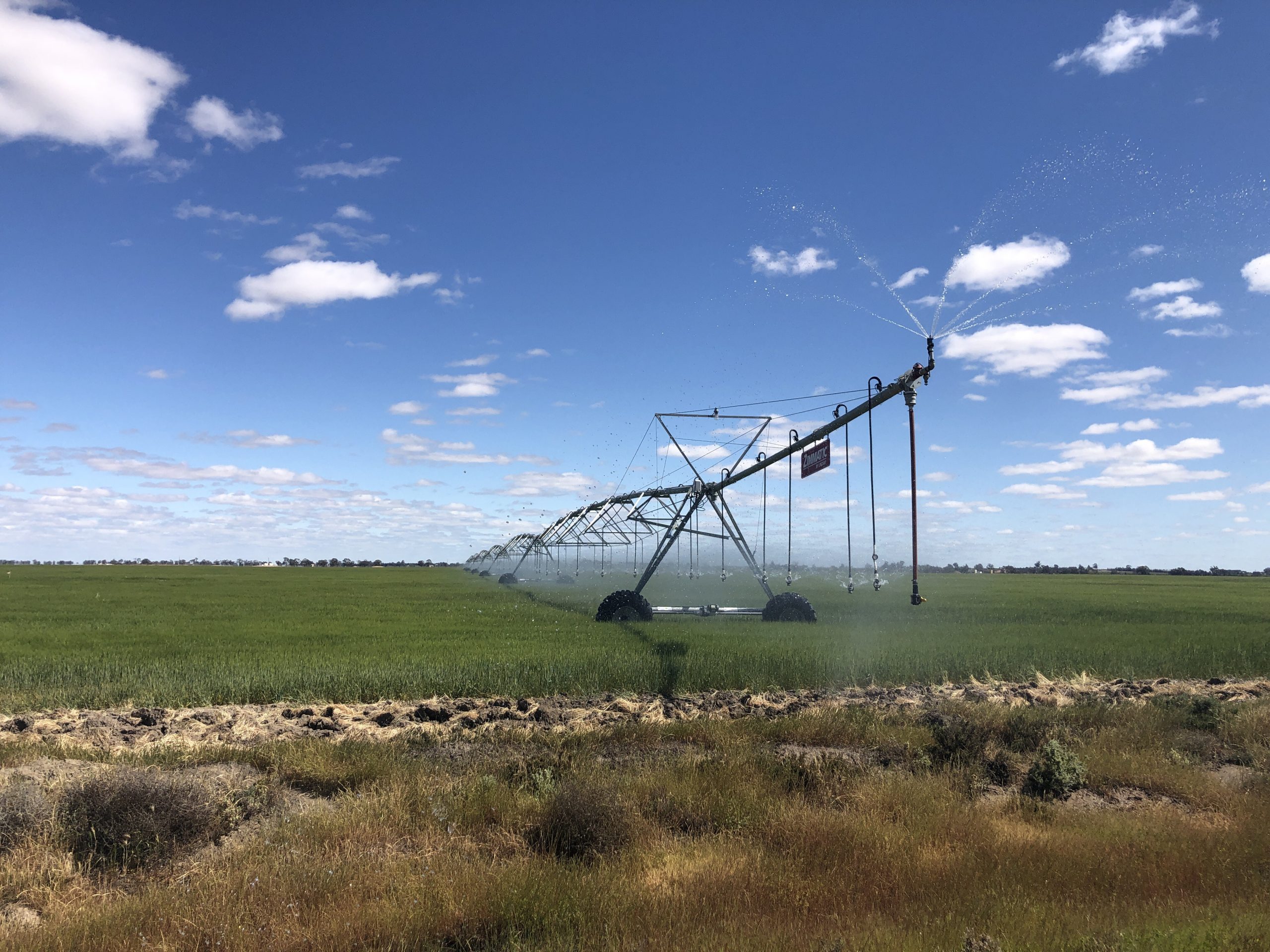<
ACCC Murray-Darling Basin Water Markets interim report
On 30 July 2020 the Australian Competition and Consumer Commission (‘ACCC’) released its interim report on its inquiry into Murray-Darling Basin water markets. The report recognises the significant benefits that water markets have delivered for water users and the broader economy. It also recommends an ambitious reform agenda designed to improve transparency and market efficiency so that these benefits will continue to flow into the future. If adopted by state and federal governments these reforms will be overwhelmingly positive for all Kilter Rural Funds.



